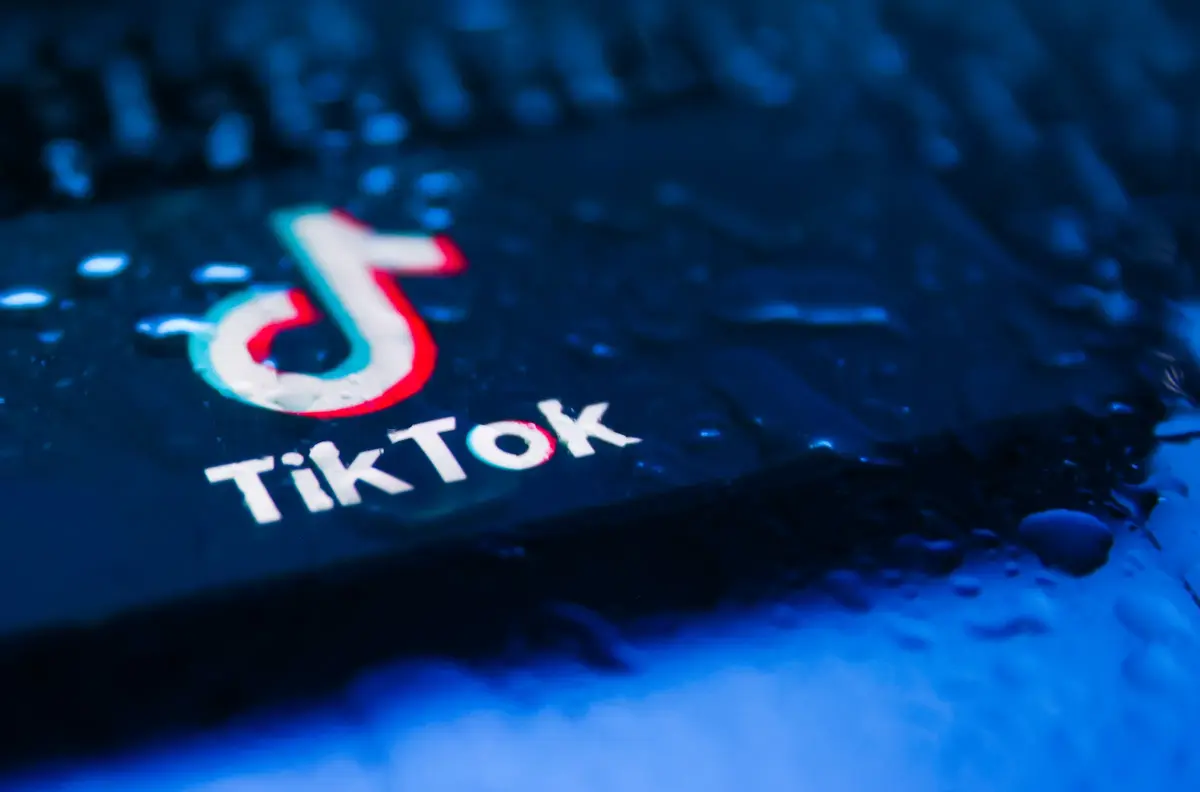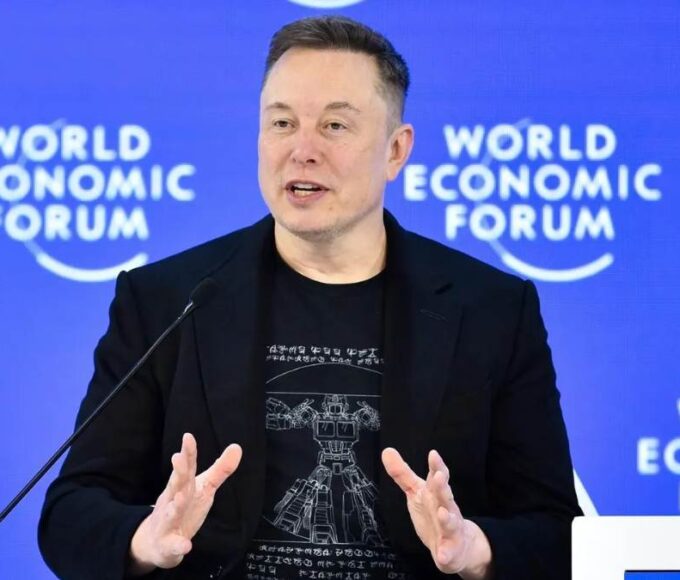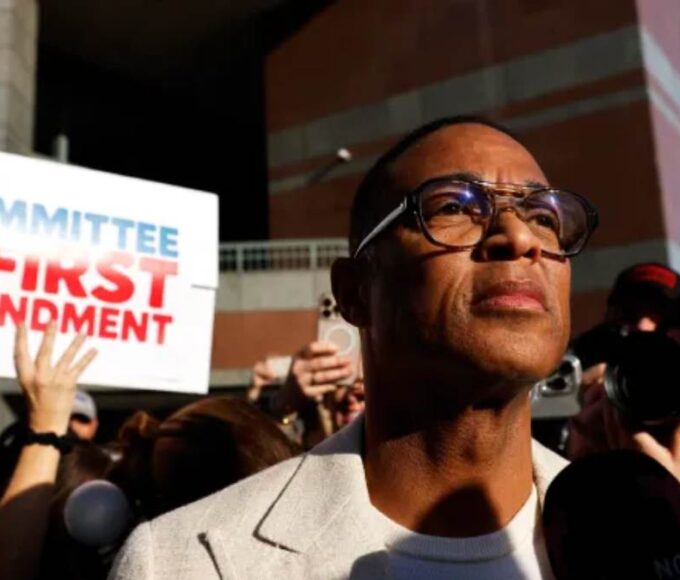Late on Saturday, TikTok ceased operations in the United States, marking the end of a long battle over the app’s presence in the country.
The app was removed from Apple’s iOS App Store and Google’s Play Store following a Supreme Court decision upholding a federal law requiring ByteDance, TikTok’s Chinese parent company, to divest the app to a non-Chinese owner or face a ban.
ByteDance opted for the latter, asserting that divestment was “not commercially, technologically, or legally feasible.”
The law, known as the Protecting Americans from Foreign Adversary Controlled Applications Act, was passed in April 2024. It culminates years of bipartisan concern over TikTok’s ties to China and the potential national security risks posed by its data practices.
Former President Donald Trump initially proposed banning TikTok in 2020, but his efforts stalled. Under President Biden, the issue gained traction, with Congress enacting the law that sealed TikTok’s fate.
TikTok argued that the ban violated free speech rights, but the Supreme Court ruled otherwise. As the app vanishes from app stores, it will gradually become obsolete without updates or maintenance, leaving its 170 million American users searching for alternatives.
Despite being the architect of the ban, President-elect Donald Trump expressed a willingness to work with TikTok to find a solution.
During his 2024 campaign, he embraced the platform to connect with younger voters, complicating his stance. Trump suggested he might issue a 90-day reprieve after his inauguration, leaving the app’s future uncertain.
In the wake of TikTok’s disappearance, some users have turned to Xiaohongshu (RedNote), a Chinese video-sharing app, rather than domestic alternatives like YouTube Shorts or Instagram Reels. This highlights the complex dynamics of user loyalty and platform preference.
The ban underscores ongoing tensions between the US and China over technology and data sovereignty. Whether TikTok can return to the US market under new terms remains to be seen, but its removal marks a significant moment in the evolving relationship between tech, politics, and national security.











Leave a comment